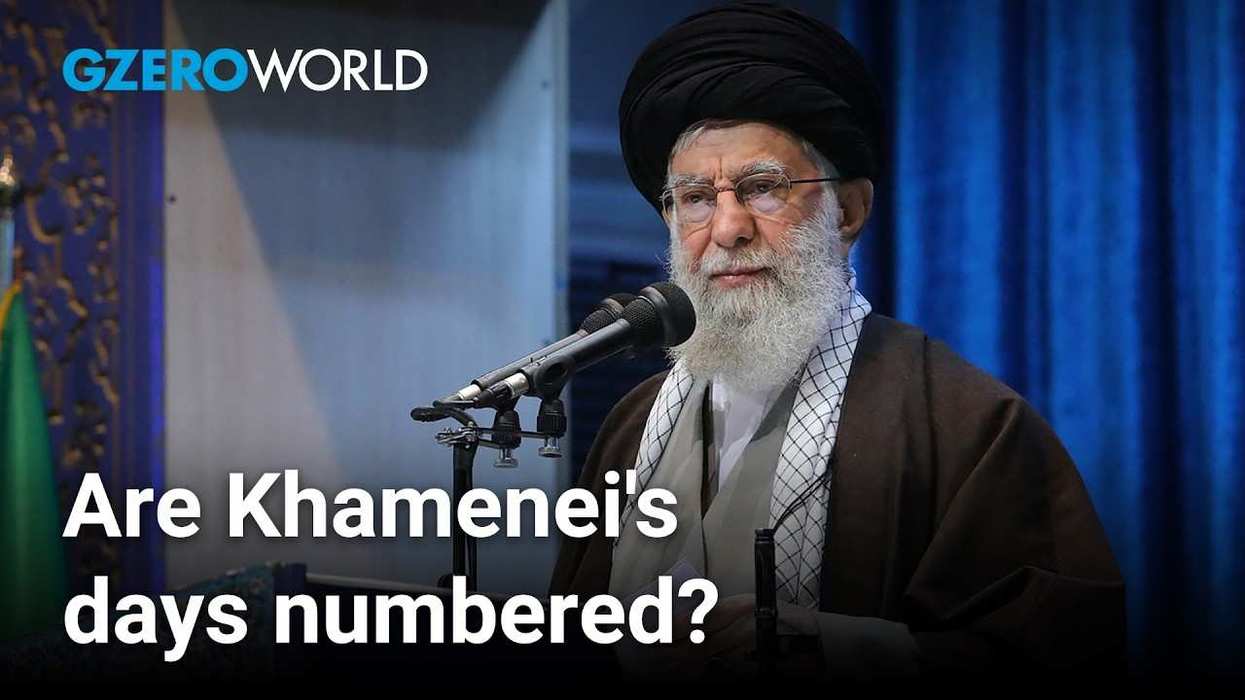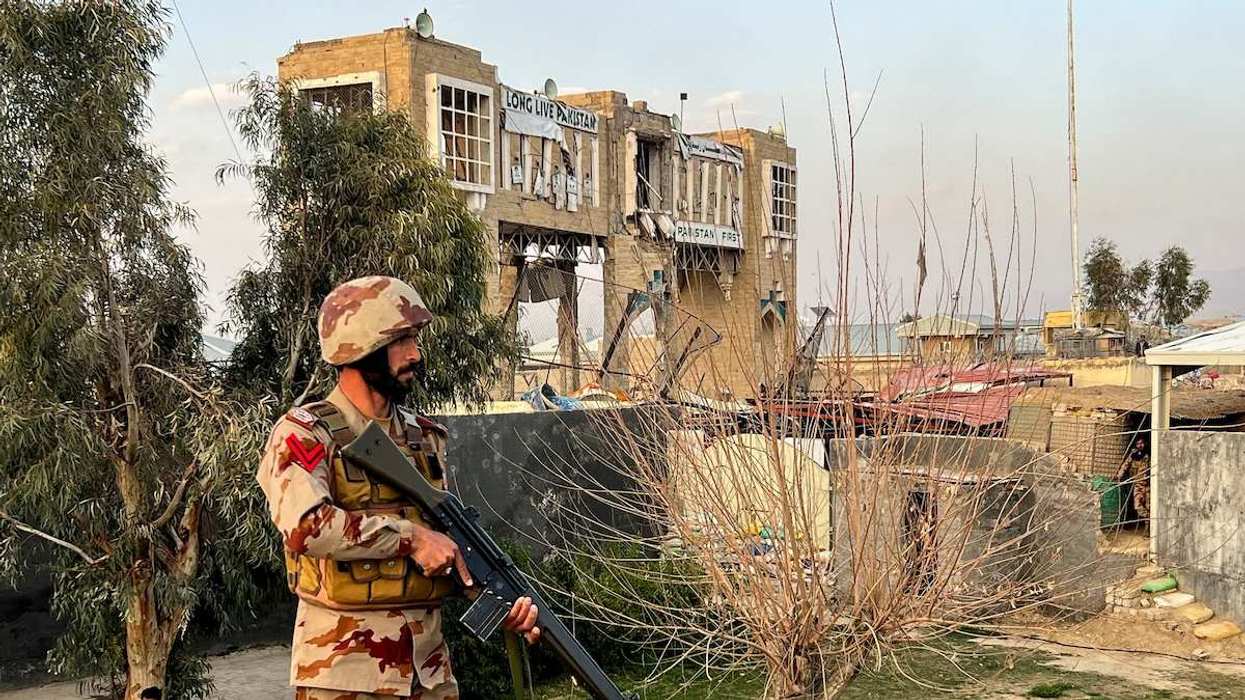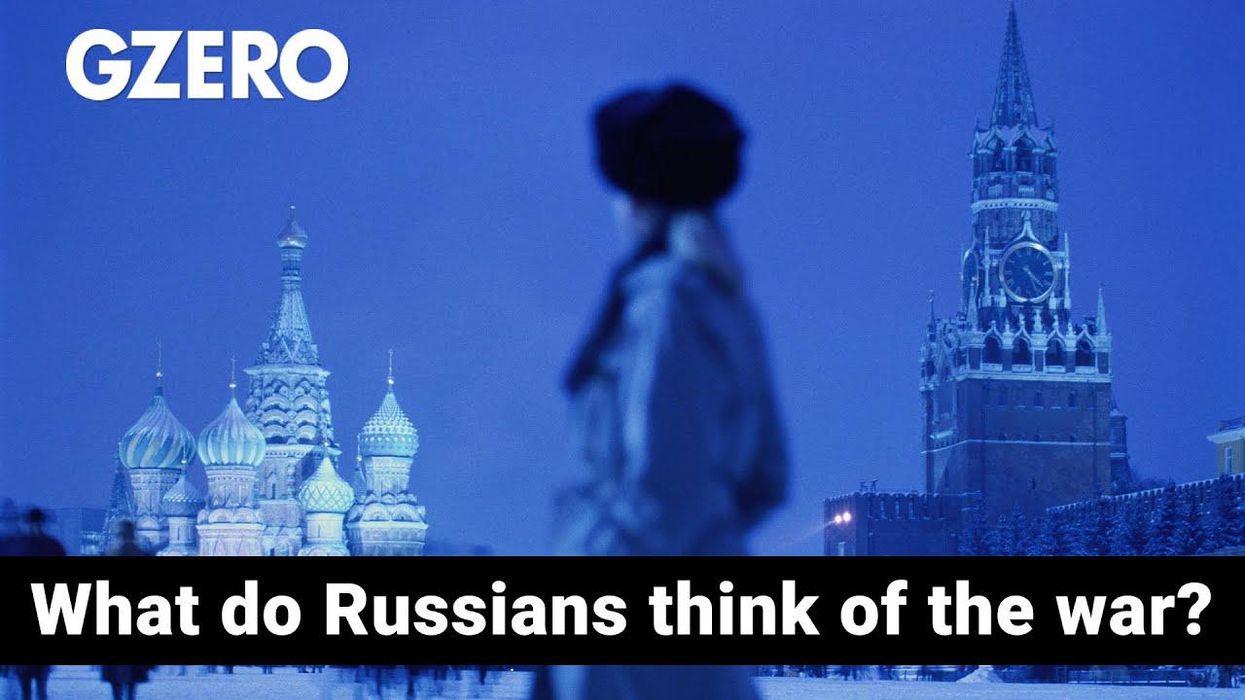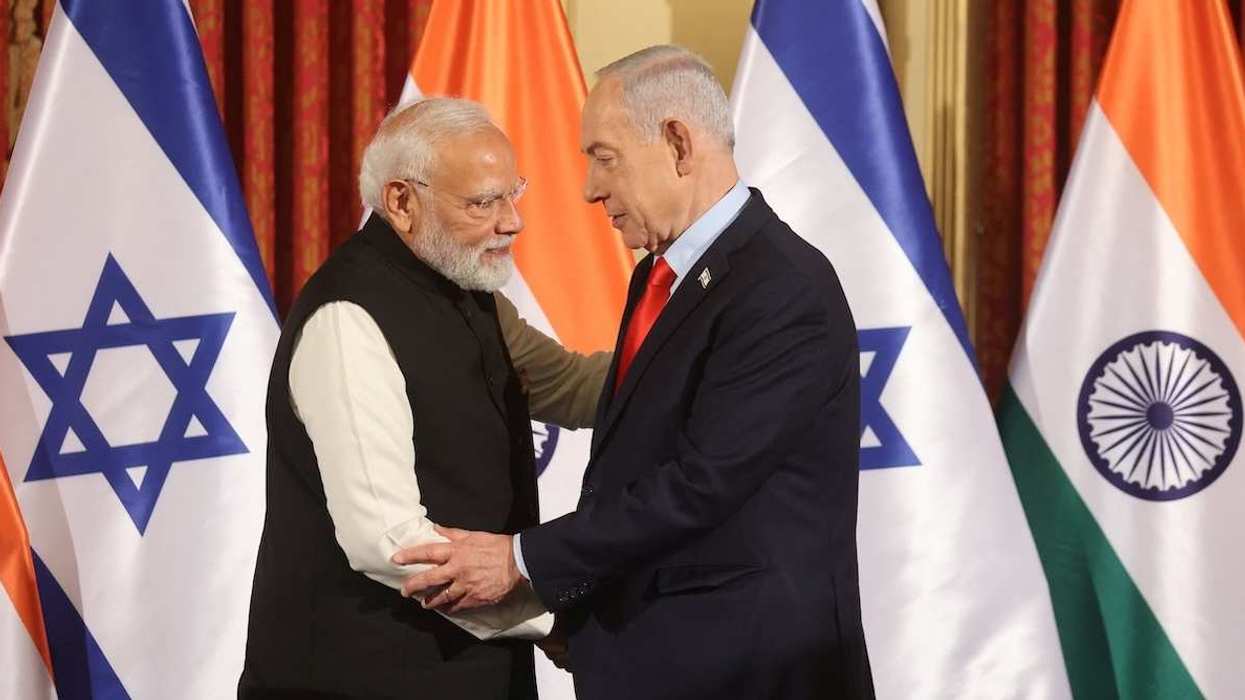The Sudanese government used Wednesday’s UN Security Council meeting — convened to vote on extending an arms embargo in Sudan’s western Darfur region — to accuse the United Arab Emirates of arming the Rapid Support Forces, extending the country’s 17-month-long civil war, and profiting from illegal sales of Sudanese gold. The UAE strongly denied the accusations and blamed Sudan for refusing to show up at the August peace talks.
Death in Darfur: Sudan says the UAE is supporting the RSF’s atrocities in the Darfur by airlifting weapons to remote airfields in Chad, where militants exploit border openings meant for fleeing refugees to move arms. The RSF, directly descended from the ethnic Arab Janjaweed militias that carried out the brutal 2003-05 genocide in Darfur, is again targeting the region’s Black ethnic groups for systematic murder, rape, and displacement.
The Sudanese Armed Forces, meanwhile, are accused of war crimes, including reckless targeting of residential areas and execution of civilians, though not ethnic cleansing.
What’s next? The world has paid pitifully scant attention to Sudan’s war, despite the deaths of 20,000 people, the displacement of a staggering 13 million civilians, mass hunger verging on famine, and compelling evidence of systematic rape and the recruitment of child soldiers. The UN is seeking $2.7 billion to address the humanitarian needs but has received only 41% of what it needs.
The Security Council voted unanimously to extend the arms embargo — but can the holes be sufficiently plugged to stem the flow of weapons to the region?



















